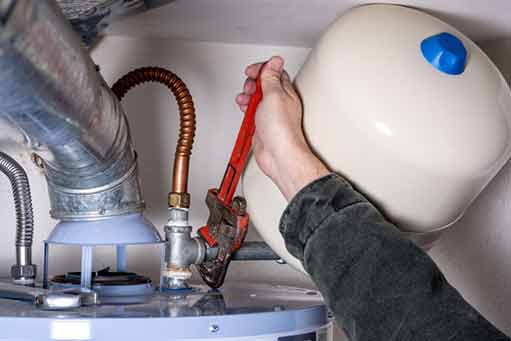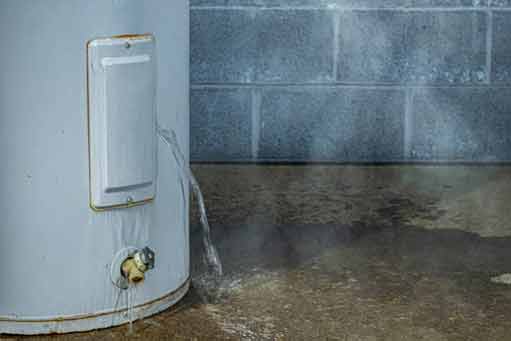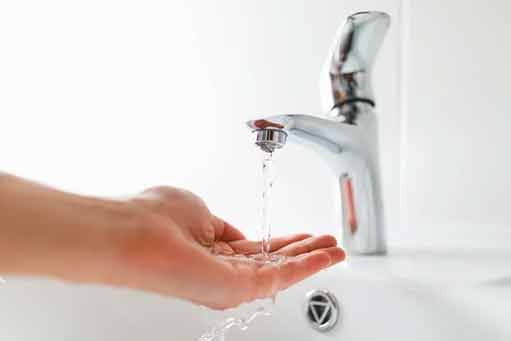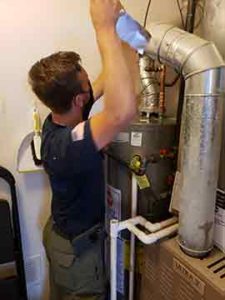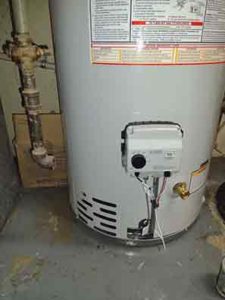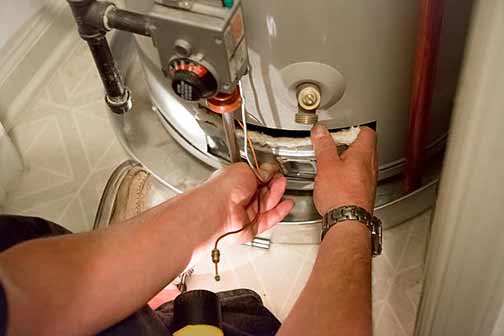
In the city of Chicago, homeowners have a lot of responsibilities to ensure their homes remain safe, comfortable, and functional. One critical aspect of home maintenance that often gets overlooked is the water heater. A well-functioning water heater is essential for daily activities such as bathing, cooking, and cleaning. However, like any other appliance, water heaters are prone to wear and tear over time. Identifying the key warning signs of water heater problems and addressing them promptly can save homeowners from costly repairs and potential hazards.
Recognizing Unusual Noises from Your Water Heater
One of the most common indicators of a water heater issue is unusual noises emanating from the unit. These noises can range from popping and banging to hissing and rumbling. Such sounds often result from sediment buildup at the bottom of the tank. As the sediment heats up, it can cause the metal to expand and contract, leading to these unsettling noises. Ignoring these sounds can result in decreased efficiency and potential damage to the water heater. Regular flushing of the tank can help mitigate this issue and prolong the lifespan of the appliance.
Addressing Fluctuating Water Temperatures
Another warning sign that homeowners should not ignore is fluctuating water temperatures. If you notice that your water temperature is inconsistent, it could indicate a problem with the heating elements or the thermostat. A malfunctioning thermostat may cause the water to be too hot or too cold, leading to discomfort and potential safety hazards. It is essential to have a plumber inspect and repair the thermostat or heating elements to ensure a consistent and safe water temperature.
Understanding the Impact of Discolored Water
Discolored water is a clear indication that there may be an issue with your water heater. If you notice rusty or brownish water coming from your taps, it could be a sign of corrosion inside the water heater tank. Corrosion can lead to leaks and eventual failure of the water heater. In some cases, discolored water may also indicate a problem with the anode rod, which is designed to prevent rusting. Replacing the anode rod can prevent further corrosion and extend the life of your water heater.
Detecting Leaks and Pooling Water
Leaks and pooling water around the base of the water heater are serious warning signs that should not be ignored. Leaks can result from a variety of issues, including a faulty pressure relief valve, loose connections, or a corroded tank. Water damage from leaks can lead to mold growth, structural damage, and increased utility bills. It is crucial to address leaks immediately by contacting a professional plumber to diagnose and repair the issue.
Monitoring Water Heater Age and Lifespan
Understanding the age and expected lifespan of your water heater is essential for proactive maintenance. Most water heaters have a lifespan of 8 to 12 years, depending on the model and maintenance history. If your water heater is approaching or has exceeded this age range, it may be time to consider a full water heater replacement. Older units are more prone to breakdowns and inefficiency, leading to higher energy bills and potential safety risks. Regular maintenance and timely replacement can ensure a reliable supply of hot water and prevent unexpected failures.
Evaluating Water Heater Efficiency and Energy Bills
High energy bills can be a sign that your water heater is not operating efficiently. As water heaters age, they can become less efficient, leading to increased energy consumption and higher utility costs. If you notice a significant spike in your energy bills, it may be time to evaluate the efficiency of your water heater. Upgrading to a more energy-efficient model can result in long-term savings and improved performance. Additionally, regular maintenance, such as flushing the tank and insulating the pipes, can enhance the efficiency of your existing unit.
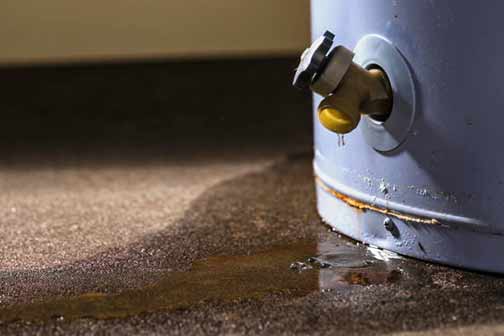
It is crucial to address leaks immediately by contacting a professional plumber to diagnose and repair the issue.
Ensuring Proper Ventilation and Combustion
For gas water heaters, proper ventilation and combustion are crucial for safe and efficient operation. Poor ventilation can lead to the buildup of harmful gases, such as carbon monoxide, which can pose serious health risks. It is essential to ensure that the venting system is free of obstructions and that the combustion process is functioning correctly. Regular inspections by a qualified plumber can help identify and address any ventilation or combustion issues, ensuring the safety of your household.
Recognizing the Importance of Professional Inspections
While some water heater maintenance tasks can be performed by homeowners, it is essential to schedule regular professional inspections. A licensed plumber can thoroughly assess the condition of your water heater, identify potential issues, and perform necessary repairs or replacements. Professional inspections can provide peace of mind and help prevent costly breakdowns and emergencies. Additionally, a professional can offer valuable advice on maintaining your water heater and extending its lifespan.
Conclusion: Proactive Water Heater Maintenance for Chicago Homeowners
In conclusion, water heater maintenance is a critical aspect of homeownership that should not be overlooked. By recognizing the warning signs of water heater problems and addressing them promptly, Chicago homeowners can ensure a reliable supply of hot water, prevent costly repairs, and maintain a safe living environment. Regular maintenance, professional inspections, and timely replacements are key to prolonging the life of your water heater and enhancing its efficiency. Stay vigilant and proactive in caring for your water heater, and enjoy the comfort and convenience of a well-maintained home appliance.
